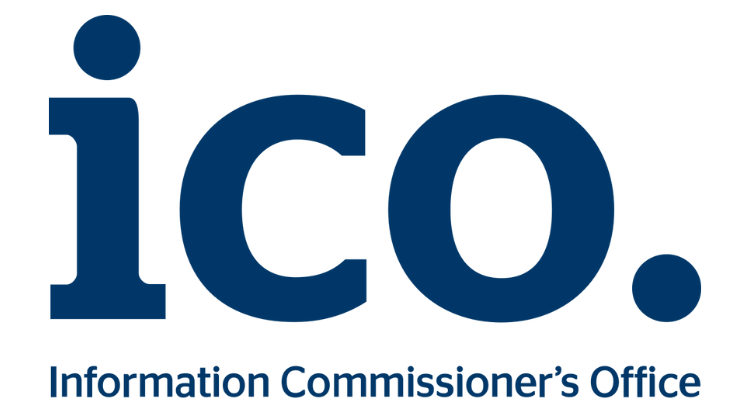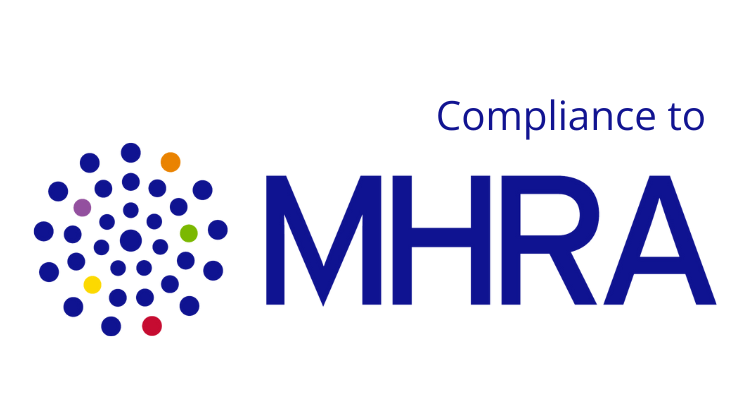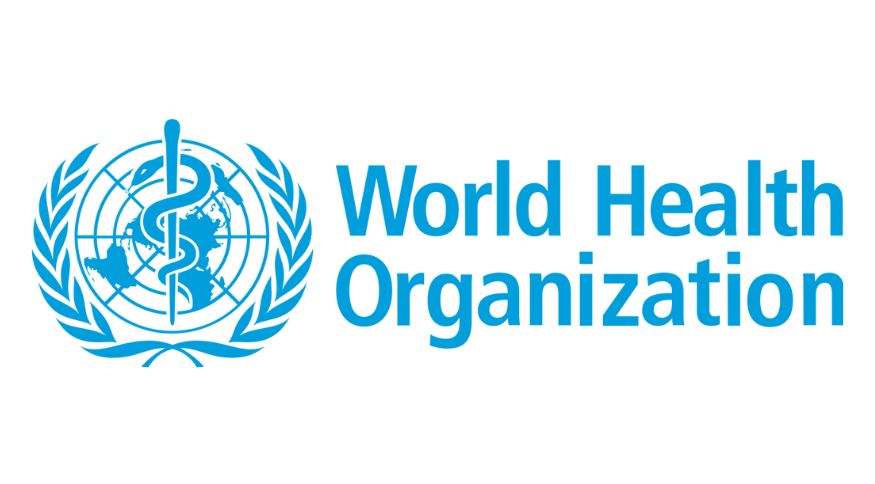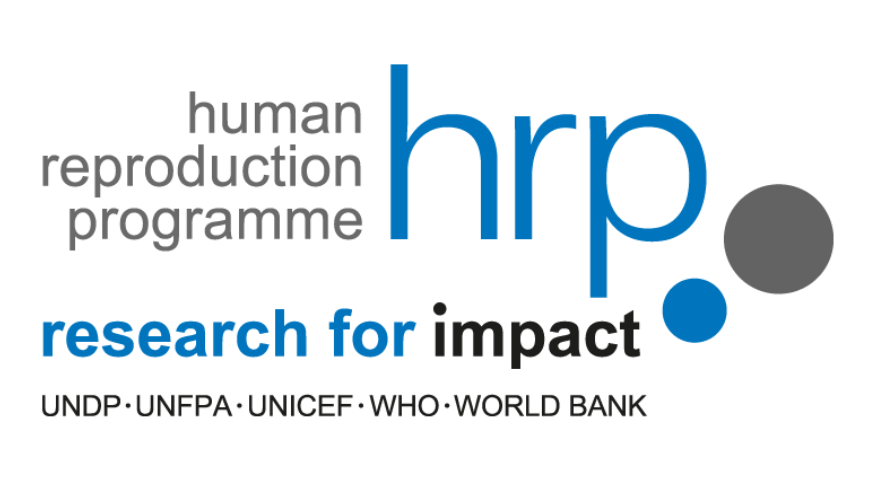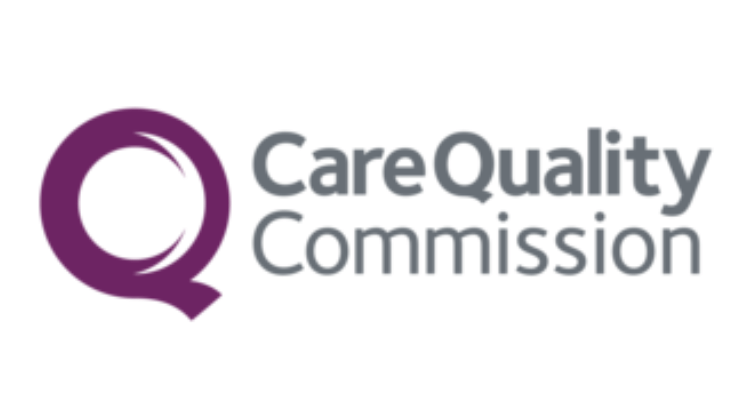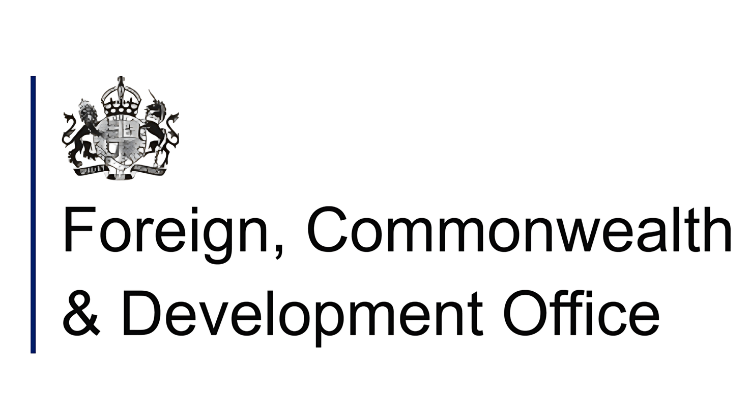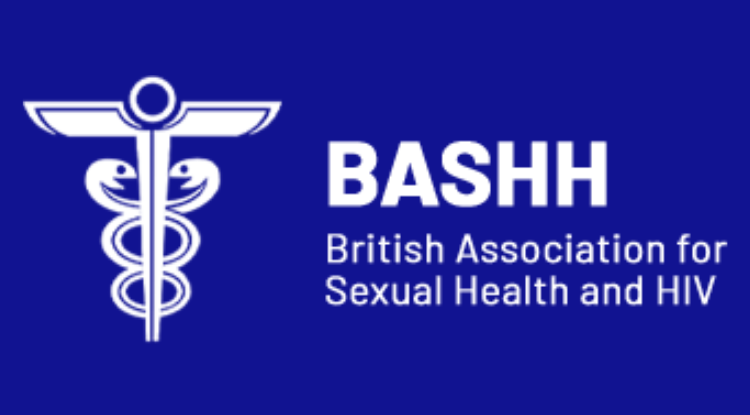
High Blood Pressure in London: Testing, Prevention & Why Blood Tests Matter
Reviewed by Dr Lauren Holland – Medical Doctor
Specialist in metabolic health, gynaecology and clinical diagnostics.
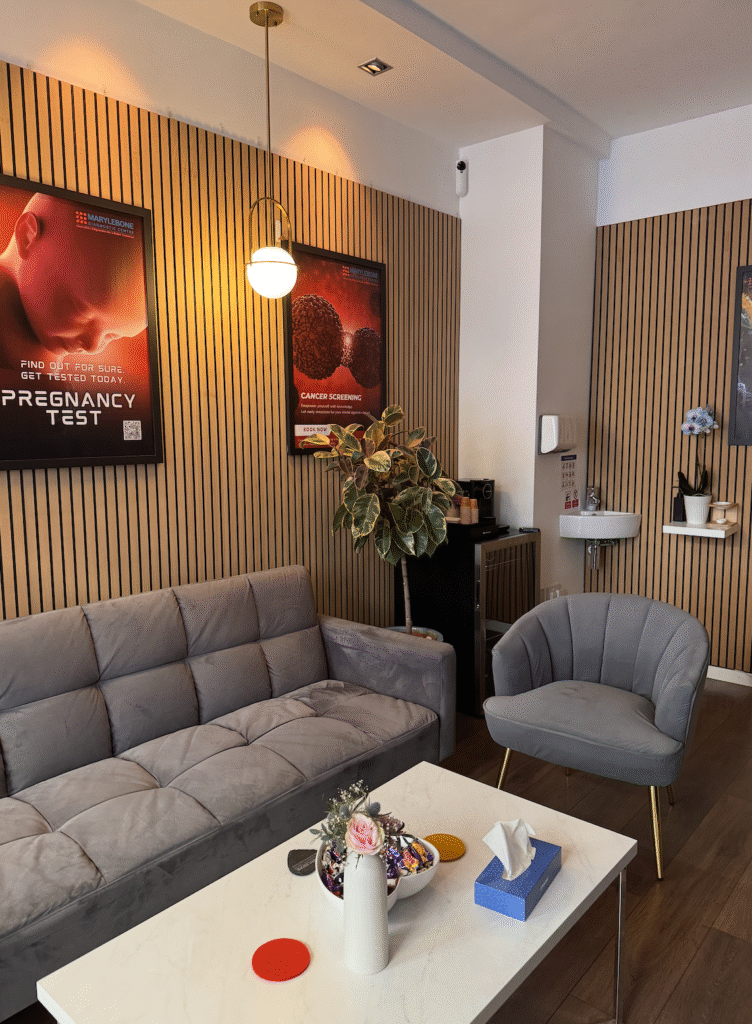
A calm and private setting at our Baker Street clinic – designed to make every patient feel comfortable before testing.
High Blood Pressure: The Silent Condition You Should Not Ignore
High blood pressure, also known as hypertension, is one of the most common health conditions in the world. Many people never notice any symptoms, yet it remains a leading cause of heart disease, stroke, kidney disease, and vision loss.
In London, where stress, busy schedules, travel, and lifestyle habits can increase health risks, early testing and personalised support make a meaningful difference.
At Marylebone Diagnostic Centre, we focus on prevention. Our aim is simple:
detect risk early, act early, and protect long-term health.
Why High Blood Pressure Matters
High blood pressure means the force of blood against artery walls is higher than it should be. Over time, this extra pressure places stress on the heart, blood vessels, kidneys, and brain.
Even a small, long-term increase in blood pressure can cause silent damage. Therefore, preventing complications begins with early awareness and routine monitoring.
What Is Considered High Blood Pressure?
Blood pressure is measured using two numbers:
| Type | Meaning | Healthy Goal |
| Systolic | Pressure during heartbeat | ~120 mmHg |
| Diastolic | Pressure when heart rests | ~80 mmHg |
According to NICE guidance in the UK:
- Clinic reading ≥140/90 mmHg should trigger investigation
- Confirm using ambulatory blood pressure monitoring (ABPM) or home monitoring (HBPM)
- Target is <140/90 mmHg in clinic for most adults under 80
Ambulatory monitoring means wearing a BP device for 24 hours.
Home monitoring means measuring at home for several days.
These methods remove “white coat” anxiety effects and give a clearer picture of your true blood pressure.
Symptoms to Watch – Even if You Feel Well
Most people do not notice any symptoms. However, some may experience:
- Headaches
- Blurred vision
- Shortness of breath
- Dizziness
- Chest discomfort
- Fatigue or poor sleep
These symptoms are not always present. Many people feel fine. That is why regular checks are essential.
Why Blood Tests Are Critical for Blood Pressure Health
High blood pressure is not just a number. It is connected to how the heart, kidneys, hormones, and metabolism function.
Blood tests help detect:
- The cause of high blood pressure
- Early organ damage
- Other silent risk factors
Key blood panels for blood pressure monitoring
| Test | Why It Matters |
| Kidney function (Creatinine, eGFR, Urea) | Hypertension can damage kidneys; kidney disease can also raise BP |
| Electrolytes (Sodium, Potassium) | Imbalances affect blood pressure and heart rhythm |
| HbA1c and Glucose | Diabetes and BP problems often occur together |
| Cholesterol profile | High cholesterol stiffens arteries and increases BP risk |
| Full blood count | Checks for anaemia and health markers |
| Thyroid panel | Thyroid imbalance affects metabolism and BP |
| Urine albumin-creatinine ratio | Detects kidney damage early |
| Vitamin D | Low levels can be linked to cardiovascular risk |
| ECG | Assesses heart strain or rhythm changes |
Together, these paint a full picture of your cardiovascular health.
This approach follows NICE guidance on investigating blood pressure and screening for organ damage.
Who Should Test Their Blood Pressure and Blood Markers?
You may benefit from proactive testing if you:
- Are over 35
- Have a family history of hypertension or heart disease
- Experience stress or poor sleep
- Have a sedentary routine
- Have diabetes, pre-diabetes, or high cholesterol
- Smoke or drink alcohol regularly
- Have gained weight around the abdomen
- Notice swelling in the legs or persistent fatigue
Even if you feel healthy, a baseline screening empowers prevention.
The Role of Lifestyle in Blood Pressure Control
Alongside testing, small daily habits help protect your heart and vessels:
- Reduce salt intake
- Move regularly – even 20 minutes a day helps
- Eat more vegetables, fruits, and fibre
- Limit processed foods
- Sleep 7–8 hours nightly
- Avoid smoking and limit alcohol
- Aim for a healthy waist-to-height ratio
Lifestyle intervention works best when combined with data-driven monitoring.
How We Support Patients at Marylebone Diagnostic Centre, London
At our clinic on 73 Baker Street, we provide:
- Clinic blood pressure measurement
- Guidance on home and ambulatory monitoring
- Cardiovascular blood test panels
- ECG when clinically needed
- Fast results: 24 – 42 hours depending on the test
- Personalised interpretation – not automated printouts
- Same-day or next-day appointments when available
- Discreet private environment
All tests follow QC-validated lab standards for accuracy.
We help you understand your results and create a plan tailored to your goals – whether prevention, improvement, or follow-up.
Why Private Testing Can Be Helpful
NHS care remains excellent, however:
- Waiting lists may be long
- Appointments can take time to schedule
- Some individuals prefer privacy and flexibility
- Many wish to test proactively, even without symptoms
Private testing does not replace your GP – instead, it complements your long-term care and prevention strategy.
Your Next Step: Know Your Numbers
Knowing your blood pressure and key biomarkers gives you clarity. With this information, you can take confident and informed steps to protect your health.
Our medical team is here to support you with reassurance, accuracy, and professional guidance.
- Kidney: Creatinine, eGFR, Urea
- Electrolytes: Sodium, Potassium
- Metabolic: HbA1c, Fasting glucose
- Lipids: Total, HDL, LDL, Triglycerides
- Thyroid: TSH ± FT4
- Urine ACR
All testing follows QC-validated laboratory standards. For personalised advice, please book a consultation.
Marylebone Diagnostic Centre — 73 Baker Street, London W1U 6RD • Monday–Saturday, 08:00–16:00 • 5-minute walk from Baker Street Tube
24–42h resultsPrivate & confidentialCardiovascular screeningLondon • Baker Street
Take control of your long-term heart health today.
Our team is here to support you every step of the way.
📍 73 Baker Street, London W1U 6RD
📞 +44 7495 970109
🕘 Monday–Saturday: 08:00–16:00
🚇 5-minute walk from Baker Street Tube










